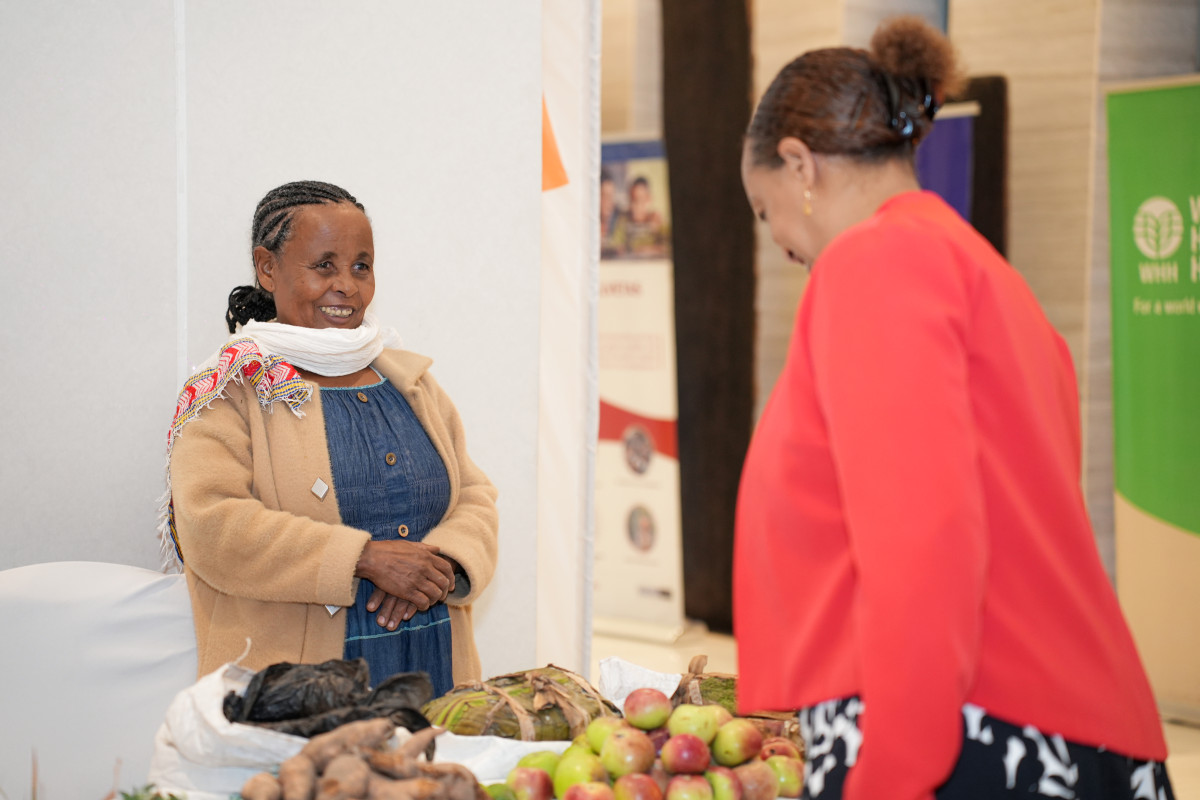Global Hunger Index: Identifying links between gender inequality and hunger
Published: Apr 29, 2025 Reading time: 2 minutes Share: Share an articleThe Global Hunger Index tracks the state of hunger worldwide. It spotlights those regions and countries where action to address hunger is most urgently needed. Over 40 countries are still experiencing alarming or serious hunger, including Ethiopia, where the newest report was recently launched.

This year's Global Hunger Index (GHI) report highlights the intersection of gender inequality, climate change, and hunger. The report reveals how deeply entrenched discriminatory norms and gender-based violence leave women and gender minorities disproportionately vulnerable to food insecurity and environmental shocks. Yet amidst these challenges, a wave of transformation is taking root. From regenerative farming and innovative markets to climate activism and grassroots leadership, women and girls are not only coping they are catalysing change. They are at the heart of building resilient food systems, crafting climate-smart solutions, and planting the seeds of hope and resilience.
Recently, Concern Worldwide, Welthungerhilfe, and the Institute for International Law of Peace and Armed Conflict launched the latest GHI report in Addis Ababa, Ethiopia. As a proud member of Alliance2015, and an organisation deeply involved with combating hunger in Ethiopia, we participated in the launch together with government ministries, civil society organisations, and international partners.
Download the report https://www.globalhungerindex.org/download/all.html
Ethiopia's GHI score of 26.2 indicates a serious level of hunger (Rank: 102 out of 127 countries). During the event, we introduced Amarech Abera, a female Ethiopian farmer who proudly showcased her vermicompost, also known as worm compost or worm castings, is the end product of the decomposition of organic matter by earthworms.
She not only shared her experience but also taught her community about the benefits of vermicompost. Alongside her composting knowledge, she presented a diverse range of agricultural products, including orange-fleshed sweet potatoes, apples, more than ten types of spices, sugarcane, and Bula, a traditional Ethiopian food made from the starchy powder of the ensete plant (also known as false banana).
Through our work in sustainable land management, women-led climate action, and integrated nutrition programming, we actively support national efforts.
The 2024 report shows that little progress has been made in reducing hunger globally since 2016. 42 countries are still experiencing alarming or serious hunger, including countries where we work: Ethiopia, Zambia, Afghanistan, DR Congo, Angola, and Syria.
The 2024 GHI score globally is 18.3; this is considered moderate, down only slightly from the 2016 score of 18.8. This global score obscures wide variations in hunger by region. The situation is most severe in Africa and South Asia.
It is starkly clear that the world is far from meeting that critical goal. Progress in reducing all four GHI indicators—undernourishment, child stunting, child wasting, and child mortality—is falling short of internationally agreed targets.



